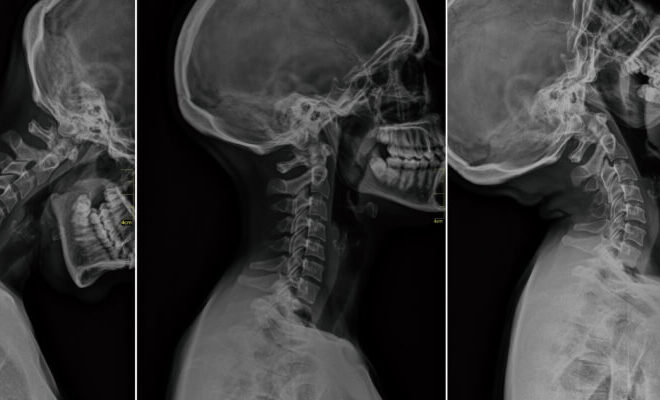Broken Vertebrae from a Motor Vehicle Accident
Maximizing Compensation for Spinal Cord Injury Damages in Dallas, TX
Motor vehicle accidents can result in multiple types of serious and catastrophic injuries. Some of the most devastating forms of bodily harm that can occur in car accidents will involve injuries to the spinal cord. The nerves that run through the spine play a critical role in transmitting signals between the brain and the rest of the body. Broken vertebrae in the spine can cause damage to the spinal cord, which can have life-altering consequences for an accident victim.

serious nature of spinal cord injuries
One classification system used to categorize spinal cord injuries is based on whether they are complete or incomplete. A complete spinal cord injury occurs when there is a total loss of sensation and motor function below the level at which the injury was sustained. On the other hand, an incomplete spinal cord injury may not fully sever the spinal cord or lead to irreparable damage, and a person may still retain some degree of sensory or motor function present below the level of injury.
At Clark Law Group, we understand the serious nature of spinal cord injuries and the many ways these injuries can occur in a motor vehicle collision. We are dedicated to helping our clients seek compensation for these and other injuries from negligent drivers or other parties who were responsible.
Effects of Complete Spinal Cord Injuries
A person who sustains a complete spinal cord injury will experience full paralysis below the level of the spine where the injury occurred. This means that they will lose all voluntary movement and sensation in certain parts of the body, and they may also lose control over bodily functions, such use of their bowels and bladder.
The effects experienced by people with complete spinal cord injuries can vary depending on where along their spine the trauma occurred:
Effects of Incomplete Spinal Cord Injuries
In contrast to complete injuries, incomplete spinal cord injuries allow for some degree of sensory or motor function below the level of injury. The extent of these remaining abilities depends on factors such as the severity and location of the injury.
Here are a few examples of how people may be affected by incomplete spinal cord injuries at different levels:
Contact Our Dallas Car Accident Spinal Cord Injury Lawyer
If you or a loved one has suffered a spinal cord injury in a motor vehicle accident due to someone else’s negligence or recklessness, it is crucial to consult with a personal injury attorney who has experience with these types of cases. At Clark Law Group, we can help pursue the compensation needed for medical expenses, ongoing care costs like rehabilitation services and assistive devices, lost wages due to permanent disabilities, and more. We will work diligently to build a compelling case based on solid evidence-backed arguments that demonstrate the extent of your injuries and how they have significantly impacted your life.
Our compassionate team understands the challenges involved in recovering from such serious accidents. By focusing our efforts on advocating for your rights while delivering personalized attention throughout the legal process, we are committed to helping you obtain the maximum compensation you deserve. Contact us today at 469-906-2266 to schedule a consultation.
awards & memberships:
Personal Injury News & Information
What Our Clients’ Say
CONTACT US
If you have any questions, please feel free to contact us. Fill out the form below and someone will get back to you ASAP.
Our experienced attorneys are here to guide you through every step of the process, from initial consultation to settlement or trial.










